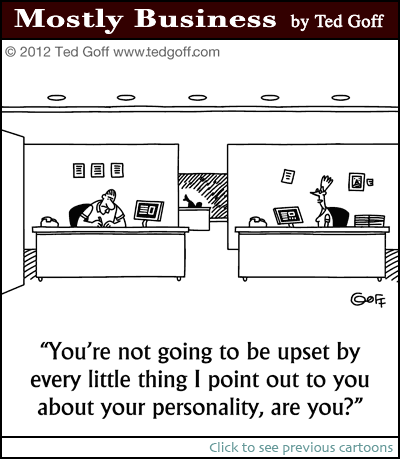 In the early morning hours of September 30, 1999, NASA’s Mars climate orbiter spacecraft, a $125 million marvel of engineering, designed to orbit Mars, suddenly disappeared from the screens of mission control and, seconds later, its signal vanished for ever. An investigation of this incident revealed that the NASA engineers who wrote the navigation software for the orbiter had been working in separate groups and had apparently not approached the mission as a whole. In fact, one group had been programming its calculations using metric units – kilometers and kilograms – while the other had been relying on American style English units – miles and pounds. That led to the critical flaw in the orbiter’s navigation. It inevitably burned to crisps due to friction with the atmosphere of Mars.
In the early morning hours of September 30, 1999, NASA’s Mars climate orbiter spacecraft, a $125 million marvel of engineering, designed to orbit Mars, suddenly disappeared from the screens of mission control and, seconds later, its signal vanished for ever. An investigation of this incident revealed that the NASA engineers who wrote the navigation software for the orbiter had been working in separate groups and had apparently not approached the mission as a whole. In fact, one group had been programming its calculations using metric units – kilometers and kilograms – while the other had been relying on American style English units – miles and pounds. That led to the critical flaw in the orbiter’s navigation. It inevitably burned to crisps due to friction with the atmosphere of Mars.In his book “The Power of Minds at Work”, Karl Albrecht (picture) cites this case as an example for what is been known now as Albrecht’s law: “Intelligent people, when assembled into an organization, will tend toward collective stupidity.”
Arguing that in organizations, the sum of all individual minds only rarely equals the level of organizational intelligence, he identifies several factors that may contribute to this dysfunction. Based on more than 25 years’ experience as a consultant, Albrecht contends that organizational “entropy” (that is, the energy of a system that remains unavailable for conversion to work), ineffective decision-making processes, and cultural clashes arise in every organization. With employees working in separate departments, each department protecting its turf and often not knowing what the others are doing, “collective brain power gets wasted,” Albrecht says, thus compromising the mission of the enterprise. Collaboration and knowledge management, the two major buzzwords of today’s enterprise, may work on academic paper but are far from being effectively applied in practice.





















